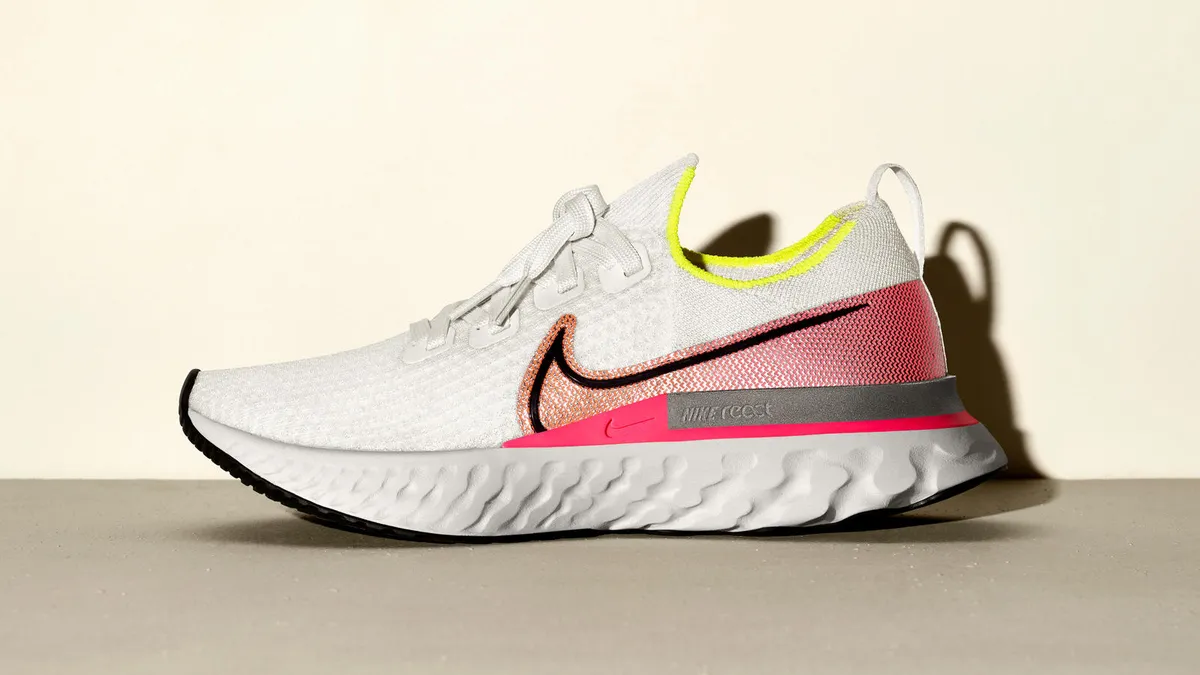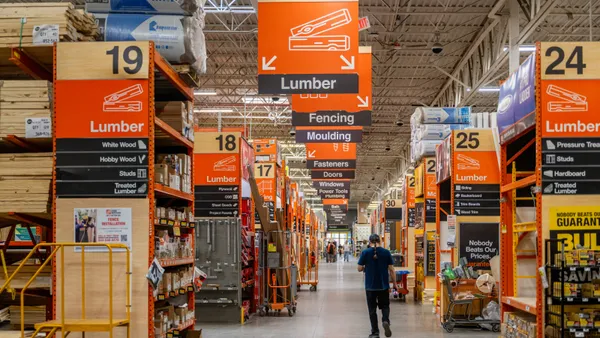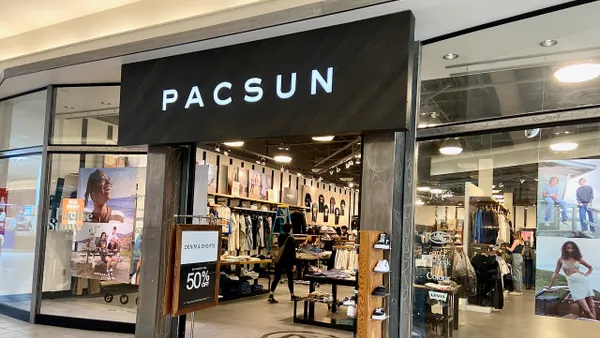Nike wins 2019's Company of the Year award for its acquisition of artificial intelligence (AI) and predictive analytics startup Celect — the culmination of a three-part, three-year strategy to reduce lead times, increase visibility and help the retailer anticipate shifting consumer demand across global markets.
"As demand for our product grows, we must be insight-driven, data-optimized and hyper-focused on consumer behavior. This is how we serve consumers more personally at scale," Eric Sprunk, Nike's COO, said in a statement announcing the acquisition. Sprunk told CNBC in an interview the decision saved the company the two to three years it would've taken to develop robust predictive analytics capability in-house.
Getting there took years of foundational planning and innovation dating back to 2016 when Nike implemented its Express Lane program to speed up manufacturing and fulfillment. Relying on rapid prototyping and new manufacturing techniques such as 3D printing, the company cut product lead times from 60 days to 10. Nike CEO Mark Parker credited the program as "the engine that’s creating the most agility in our supply chain right now."
The next step was to leverage this speed and flexibility as part of the company's sales strategy. Nike debuted Consumer Direct Offense in 2017 as "a new company alignment" that prioritizes targeted digital sales and channel-specific strategies through its Nike Direct division. The following year, the Direct business was making up 30% of total brand revenue, driven largely by online sales.
"As demand for our product grows, we must be insight-driven, data-optimized and hyper-focused on consumer behavior."

Erik Sprunk
COO, Nike
By 2019, despite having these elements in place, Parker said the company was still struggling to get visibility into its global inventory as it was running more omnichannel operations and experimental retail models than before.
To achieve this, the retailer announced in June it would implement RFID and QR codes on nearly all its non-licensed apparel, totaling hundreds of millions of items. On the company's Q3 earnings call, Parker said its RFID initiative "an important step toward integrating our diverse ecosystem of physical and digital experiences, distribution centers and contract factories."
The next piece of the puzzle, he said, was managing Nike's data flows to gain insight not only into what customers were purchasing, but what they wanted to buy in the future, and fast.
Acquiring Celect in August was key to integrating all of these efforts.
Rather than reacting to sales data to interpret demand, Parker said the combination of predictive analytics and inventory tracking now enables the company to anticipate changes in consumer needs and stage product where it is needed ahead of time.
These components together, more agile manufacturing, inventory visibility and the Celect acquisition this year have enabled Nike to build an industry-leading supply chain worthy of this year's award.




 Read more
Read more










